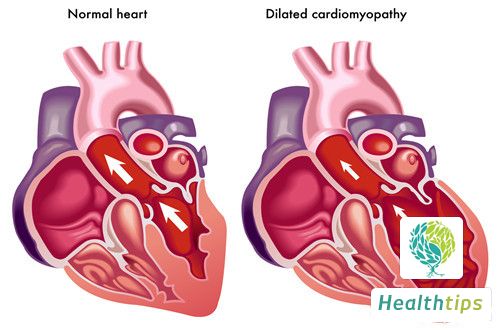Norepinephrine, as a neurotransmitter and hormone, is a white crystalline powder with a bitter taste. Once exposed to air or water, it will dissolve in water but is prone to deterioration. Norepinephrine can effectively contract blood vessels, enhance blood pressure and peripheral resistance. It is used to increase blood pressure, enhance myocardial contractility, and help the body increase cardiac output. Norepinephrine reduces coronary blood flow. In addition, norepinephrine stimulates β-receptors to a certain extent, enhancing myocardial contractility and theoretically increasing cardiac output. At a small dose of 0.4μg/g per minute, it is mainly a β-receptor agonist, while at higher doses, it is primarily an α-receptor agonist. However, overall, due to the increase in blood pressure, the reflex vagus nerve has a stronger effect than its direct acceleration of heart rate, resulting in a slower heart rate. Because of norepinephrine's strong vasoconstrictive effect, the resistance to heart ejection increases after the increase in peripheral vascular resistance, but there is no significant increase, and sometimes even a decrease.

Precautions for Norepinephrine Use:
1. Drug leakage can lead to local tissue necrosis.
2. This drug has a strong vasoconstrictive effect, which can reduce blood flow to vital organs, causing corresponding organ dysfunction.
3. Attention should be paid to intravenous drip administration. When the vein turns white after entering the skin, local skin shedding, skin discoloration, severe dizziness, etc., may occur, leading to severe consequences. Some patients may experience allergies, causing rashes and facial edema. Patients with hypoxemia, electrolyte imbalance, or organic heart disease may experience abnormal heart rates and reflex arrhythmias after an increase in blood pressure.




















